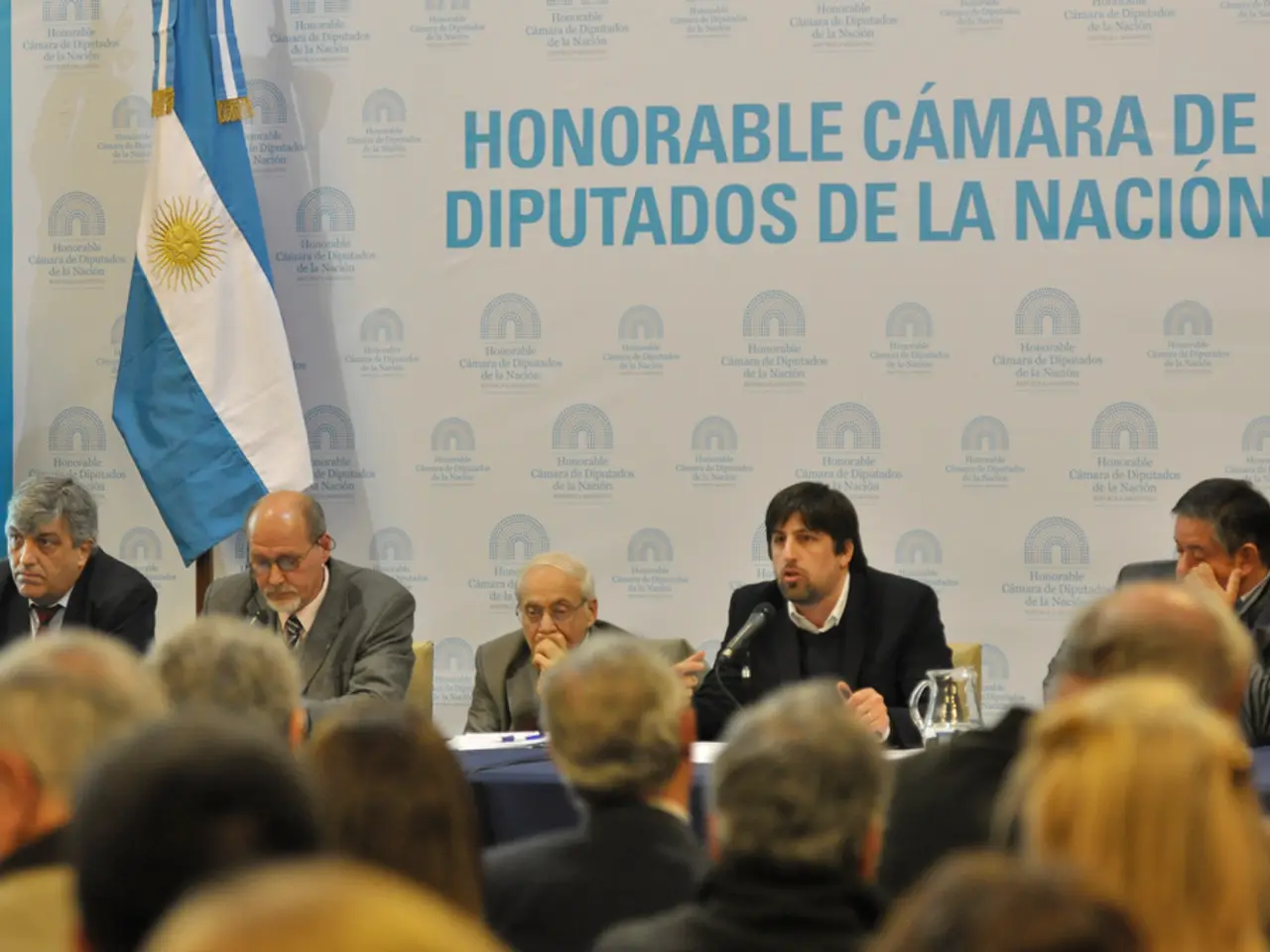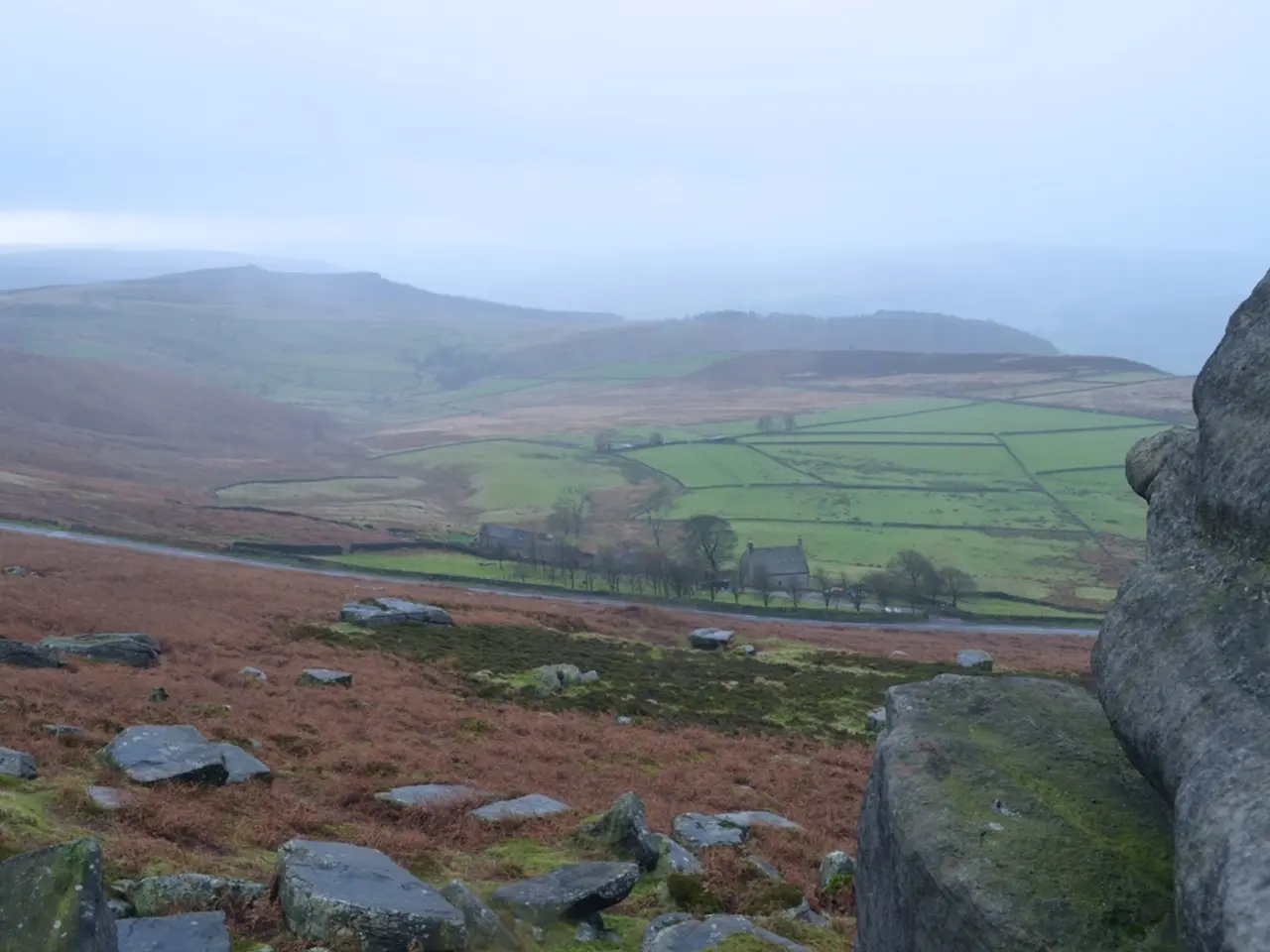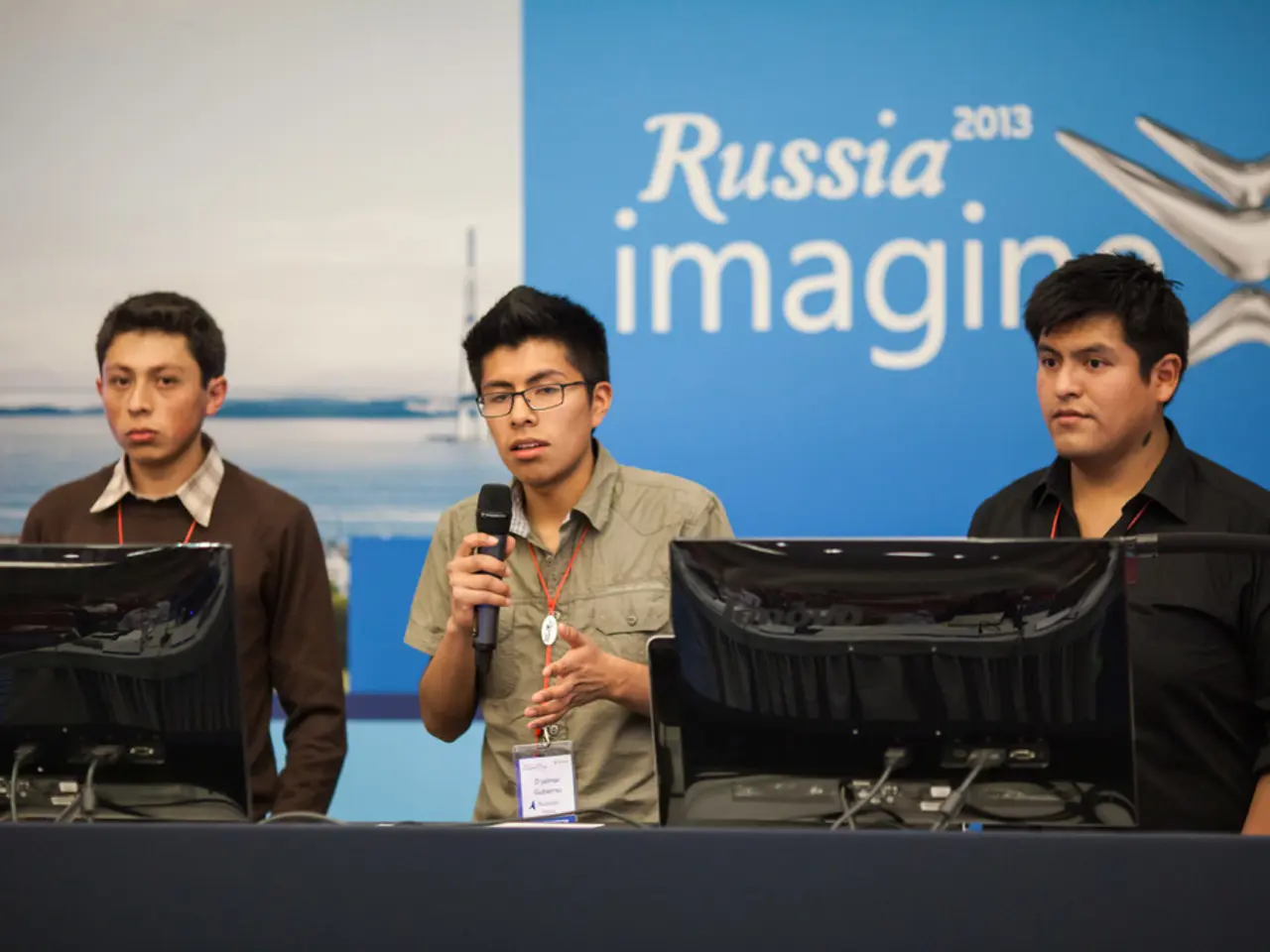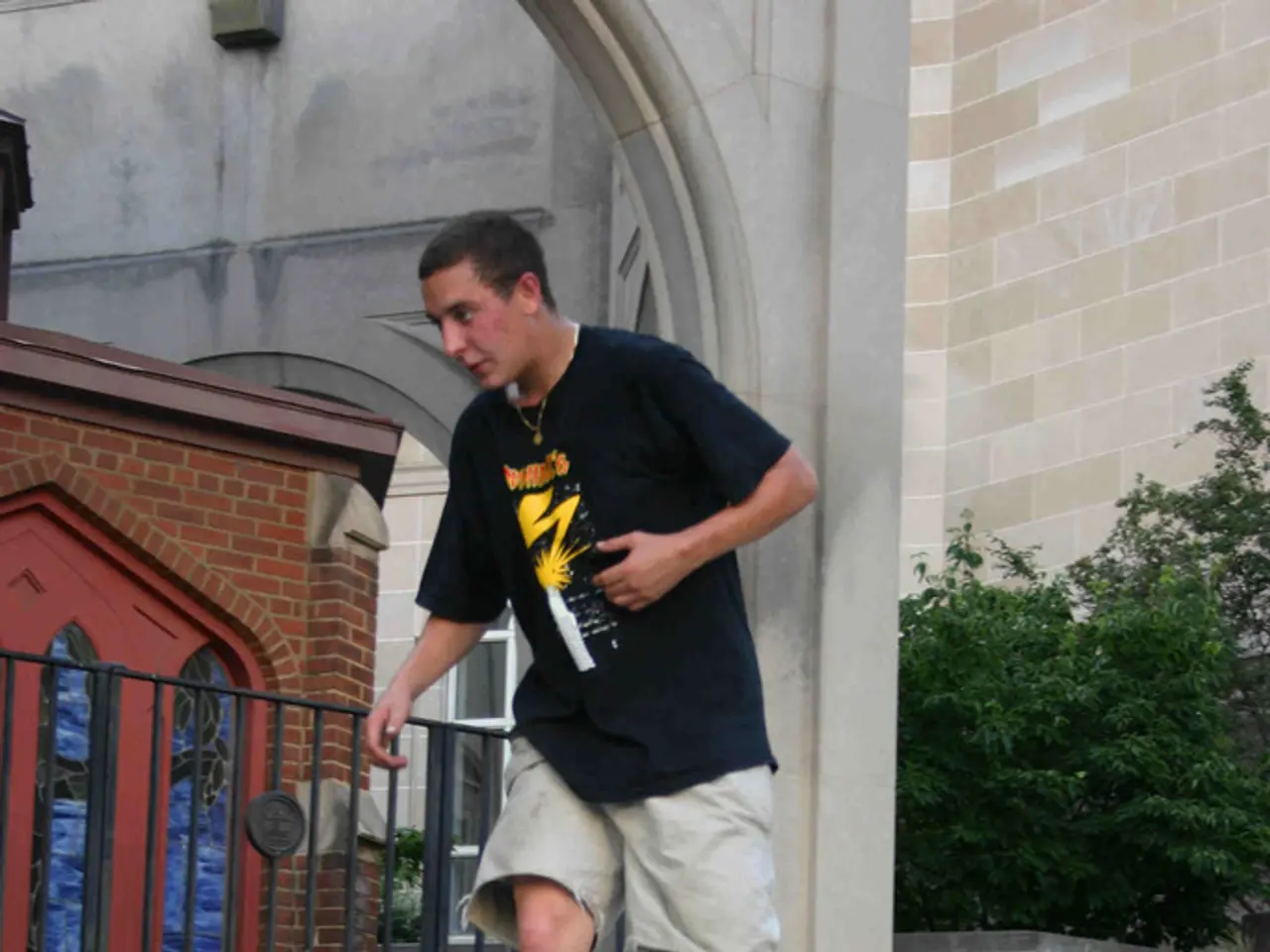Ex-president of Brazil, Jair Bolsonaro, currently confined to his residence
Former President Jair Bolsonaro of Brazil found himself under house arrest on January 8, 2023, following a court order issued by Justice Alexandre de Moraes. The decision came after Bolsonaro was accused of continuing to influence political debate in Brazil through social networks despite court orders.
Bolsonaro's residence is now his prison, as he is only allowed to be visited by lawyers and close relatives during this period. He must also hand over all mobile phones in the household and is prohibited from directly or indirectly using social media for political purposes.
The U.S. government has expressed concern about the potential suppression of the opposition in Brazil. In response to Bolsonaro's legal troubles, U.S. President Donald Trump announced tariffs of 40 percent on a wide range of products from Brazil. The U.S. State Department has also criticized the house arrest order for Bolsonaro, accusing Judge Moraes of abusing Brazilian institutions to suppress the opposition and endangering democracy.
Bolsonaro's son, Flávio Bolsonaro, addressed supporters and patched his father through on a loudspeaker during protests. He described the court's decision as proof that Brazil is "officially in a dictatorship." His father's defense has announced an appeal against the house arrest order.
The current legal disputes between the Supreme Court and Bolsonaro involve multiple criminal charges against him related to the 2022 runoff election. Justice de Moraes has taken extensive actions seen as politically motivated against Bolsonaro and his allies, including authorizing police raids, arrests, freezing bank accounts, confiscating passports, and criminal investigations targeting political opponents.
These judicial actions have significantly strained political relations between Brazil and the United States. The U.S. government has criticized the Brazilian Supreme Court's conduct as unjust and an abuse of judicial authority, highlighting the impact on U.S. economic interests, fundamental rights like free speech, and democratic election processes. The U.S. has imposed visa restrictions on Brazilian judicial officials involved in these actions, reflecting serious diplomatic friction.
Moreover, the Brazilian Supreme Court has pressured U.S.-based social media companies to censor accounts and content of U.S. persons, threatening fines and criminal prosecution when companies resist, exacerbating bilateral tensions.
Despite the restrictions, Bolsonaro's brief speech to his supporters could not be considered a violation of the restrictions or criminal behavior, according to his lawyers. However, the ongoing legal confrontation between Bolsonaro and the Supreme Court, led by Justice de Moraes, is a focal point of political disputes and has negatively affected Brazil-U.S. relations by raising concerns over human rights, judicial independence, and free expression.
[1] The New York Times. (2023). Brazil's Bolsonaro Faces House Arrest as Legal Disputes Strain Ties With U.S. Retrieved from https://www.nytimes.com/2023/01/08/world/americas/brazil-bolsonaro-house-arrest.html
[2] Reuters. (2023). U.S. imposes visa restrictions on Brazilian judicial officials over Bolsonaro case. Retrieved from https://www.reuters.com/world/americas/us-imposes-visa-restrictions-brazilian-judicial-officials-over-bolsonaro-case-2023-01-10/
- The house arrest of Former President Jair Bolsonaro in Brazil has sparked intense political debates and concerns, not only within the country, but also in U.S. policy-and-legislation circles, especially with regard to war-and-conflicts and general-news related to the suppression of opposition and endangerment of democracy.
- The U.S. government's response to the legal troubles of President Bolsonaro in Brazil, including tariffs and visa restrictions on judicial officials, hint at a broader engagement in policy-and-legislation discussions on the impact of conflict in war-and-conflicts zones, particularly those related to human rights, judicial independence, and free expression.






